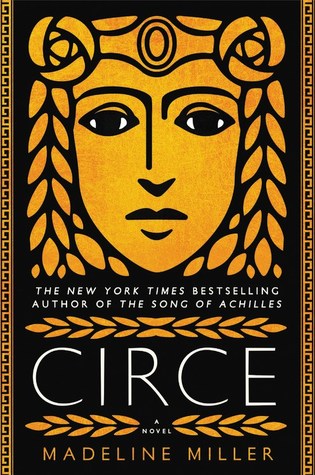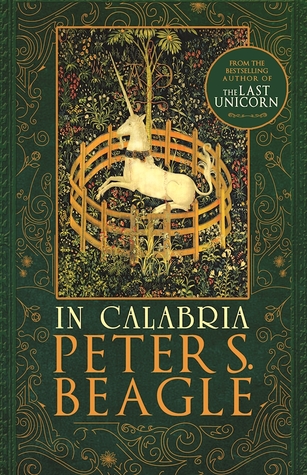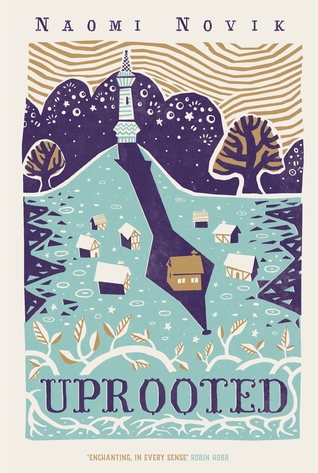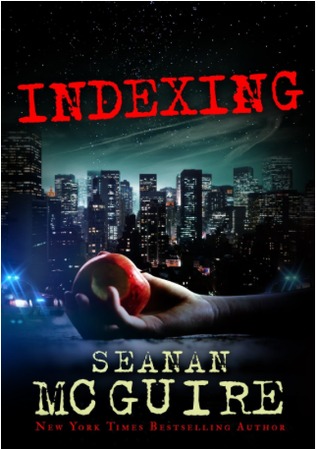The Bird King is the story of Fatima, a concubine at the court of the last sultan in Spain, and Hassan, her gay friend and magically gifted map maker. Fatima is a young woman who wishes for nothing more than freedom (and who wouldn't say no to having a little power herself). Most of all, she resents her gilded cage. Hassan, meanwhile, is mostly trying to get by and scrounge enough food together despite living in a besieged and starving city. He uses his magical gifts mostly to entertain Fatima.
Things get complicated when the Spanish send emissaries to negotiate the surrender of the sultanate, and the withdrawal of Muslim rulers from Spain. Amongst the negotiators is Luz, a woman who is charming and intelligent, powerful yet diplomatic. Until Fatima spies her savagely kicking a stray dog in the night, Luz seems intriguing and wonderful compared to the bickering, gossiping, sniping women of the sultan's family and court.
Despite the harem/concubine setting, The Bird King is a book which carefully avoids being sensationalist / ogling / orientalist / fetishising the harem. Fatima is admired for her beauty by most people who meet her, but the book never turns into the sleaze that other harem stories tend to be.
I have never before read a book set in the Islamic period of Spain's history. Aside from vaguely knowing that "the Moors" had once conquered (much of?) Spain, leaving behind Moorish architecture and palaces, I know very little about that part of European history. So I was quite excited to read about places and times that I knew nothing about.
That excitement carried me a good way into the novel, which was good, as the narrative moves at its own pace. G Willow Wilson has the strange knack of writing a chase novel that does not read like a thriller: For most of the book, Fatima and Hassan are running away from pursuers, and eventually towards a mythical magical island that may or may not exist. And yet, despite the chase, the story does not quite build up a huge amount of tension.
One of the problems is that each encounter with the pursuers gets resolved, often in ways that make no logistical sense whatsoever. Sometimes, it feels as if the heroes escape from being surrounded by a highly mobile army by getting into something slow-moving (e.g. a boat) and everyone around them acts as if they'd taken over something fast and dangerous (e.g. a well-armed helicopter).
Basically, many of the action sequences in the novel feel (unintentionally) a bit like this:
...which detracts a bit from the tension.
The other thing which made me a bit less engaged with this novel than I'd hoped is that there is less of a sense of place and atmosphere than I'd expected. Once the story leaves behind the sultan's palace, Fatima and Hassan are on the run. They cross vast distances while avoiding to interact with anyone, lest they be discovered by pursuers. We realize that the Spanish Inquisition has just begun, but the book doesn't quite bring Spain to life. Fatima and Hassan could be Jews fleeing across Nazi controlled territories, or escaped slaves fleeing across the antebellum Southern states, or Western spies behind the Iron Curtain, or Hobbits sneaking around Mordor: somehow, the land they travel through feels deflatingly generic, and fairly empty.
In the end, The Bird King was an interesting novel, but it wasn't the masterpiece I expected and hoped for. It whet my appetite for finding out more about the time and place it was set in, but it left me a little frustrated that the book didn't fizz and sparkle with atmosphere.
Rating: 3/5








 />
/>















